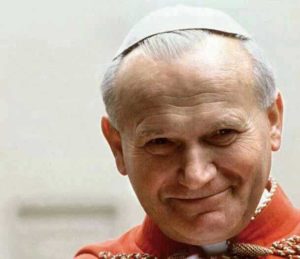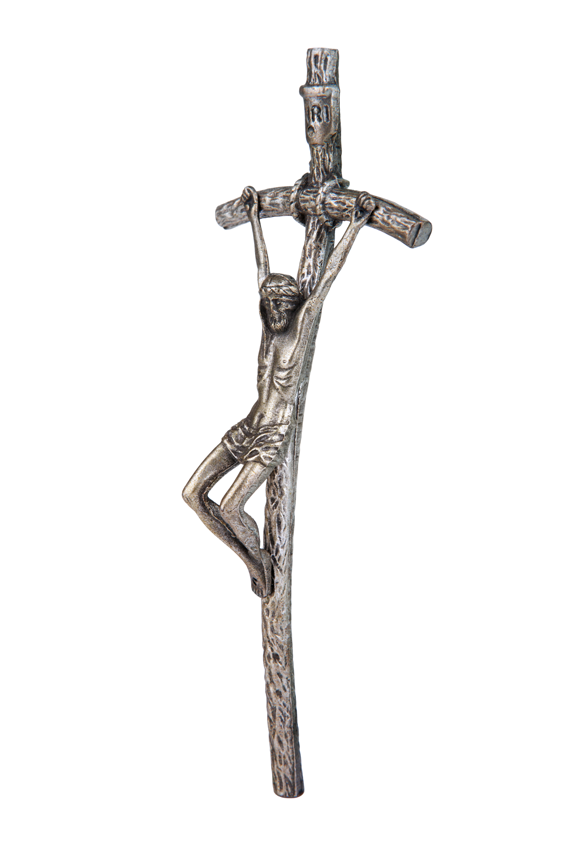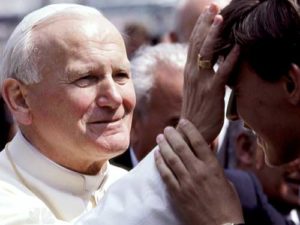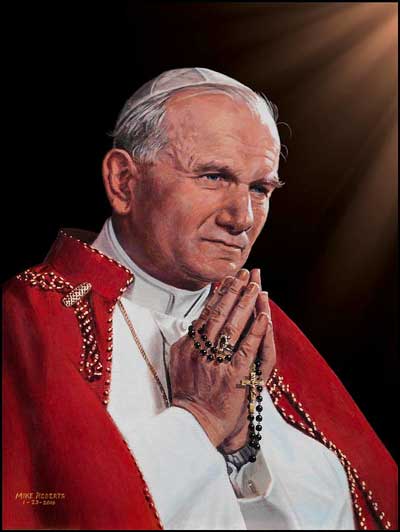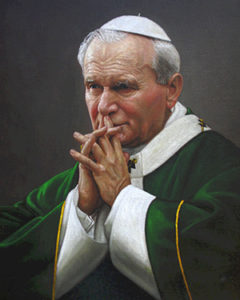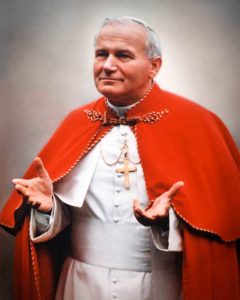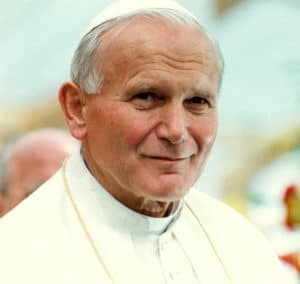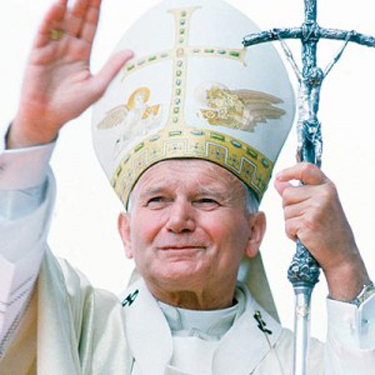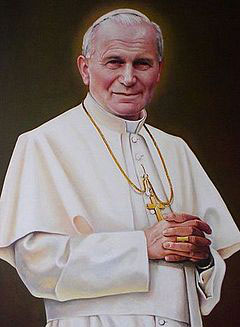Podcast: Play in new window | Download (Duration: 8:33 — 5.9MB) | Embed
Subscribe: Apple Podcasts | Spotify | Amazon Music | Android | Pandora | iHeartRadio | JioSaavn | Podchaser | Gaana | Podcast Index | Email | TuneIn | Deezer | Anghami | RSS | More
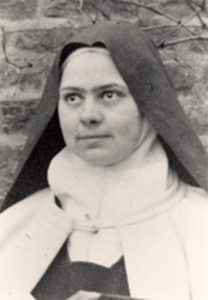
Day Two – For the grace to give our hearts to Jesus
Saint Elizabeth wants us to give our heart to Jesus, to enter into a prayer so deep and beautiful, that we hear Him ask for it. She invites us to hear the Word of the Father speak to our souls the way the Samaritan Woman heard Christ speak to hers. Our Lord wants adorers “in spirit and truth.”
For Saint Elizabeth, Jesus is the great Adorer, and he wants us to become what He is. When we look at how He adored the Father, we see that his prayer was not a good intention or a nice wish, but a lived reality. What Christ offered to the Father in the silence of prayer, He gave up on the Cross for our sake. His whole existence became an act of worship and spiritual sacrifice.
This means that to be an adorer in “truth,” we must also live out the truth in our actions. We must give Jesus the gift of our hearts not only in our words and intentions but our actions as well. Here, however, our weaknesses seem to hinder us. The truth is that God loves us, and He does so, even in the face of our sins. Christ-crucified lived in the love of the Father, even as He took on the consequences of our sins to show us that God’s love is greater than sin. Everything for Jesus was done out of love for the Father. For us to be adorers in truth, we must, like Christ, live in God’s love – until every decision, every action is carried out in that love, by that love, and for that love. Even in the midst of difficult trials, our actions must be Christ-like – just as Jesus Christ lived by complete confidence in the Father, we must live in complete confidence in Him.
How do we acquire this is childlike posture before the Lord? Saint Elizabeth wants to help us spend time in the silence of prayer. Trying to stay in this silence is difficult. We must face our tendencies to brood over injuries or else simply not deal with the interior pain that we carry. Silence wasted on such interior rancor is dangerous. Saint Elizabeth describes another kind of silence, and it this silence that we must seek in prayer by renouncing every thought or feeling or fantasy that is not worthy of it. Each renunciation deepens childlike confidence and trust. The greater this trust, the deeper the silence God guides us into. She describes this silence as allowing the Lord to sit us on His knee and caress us like a mother comforts her child — an image from Isaiah. Throughout the trials and difficulties in life, the silent and tender love of God surrounds us and is completely present to us. This is the same love that gave Christ the strength to die for us. Now the Trinity gently offers it to strengthen us, too. In the silence of prayer, we can hear and respond to God’s gentle invitation, “Give me your heart.”
The spiritual mission of Saint Elizabeth is to keep us in the deep silence in which we can hear this tender voice. So that she might help us give our hearts in the stillness of this immense love, let us pray:
O My God, Trinity whom I adore, help me to forget myself entirely so as to be established in you as still and as peaceful as if my soul were already in eternity. May nothing be able to disturb my peace, nor make me depart from you, o my Unchanging One, but may each moment carry me further into the depths of your Mystery. Pacify my soul, make it your heaven, your beloved abode, your resting place. May I never leave you there alone, but may I be entirely present, my faith completely ready, wholly adoring, fully surrendered to your creative action.
O my beloved Christ, crucified by love, I would like to be a bride for your heart. I would like to cover you with glory, I would like to love you… unto death. I feel my powerlessness, however, and I ask you to clothe me with yourself, to identify my soul with all the movements of your soul, to defeat me, to overwhelm me, to substitute yourself for me, that my life might be but the radiation of your Life. Come into me as Adorer, as Healer, as Savior. O Eternal Word, Word of my God, I want to spend my life listening to you, I want to be completely docile, ready to learn everything from you. Then, through all nights, all voids, all weakness, I want to fixate on you always and to remain under your great light. O My beloved Star, fascinate me so that I would not be able to forsake your shining light.
O Consuming Flame, Spirit of love, come over me until my soul is render into an incarnation of the Word; may I be for Him another humanity in which he renews His whole Mystery.
And you, O Father, bend over your little creature, cover her with your shadow, and see in her only the Beloved in whom You are well-pleased.
O my Three, my All, my Beatitude, Infinite Solitude, Immensity in which I loose myself, I surrender myself as prey. Bury yourself in me in order that I might bury myself in you, while waiting to contemplate in your light the immeasurable depths of your grandeur.Amen

